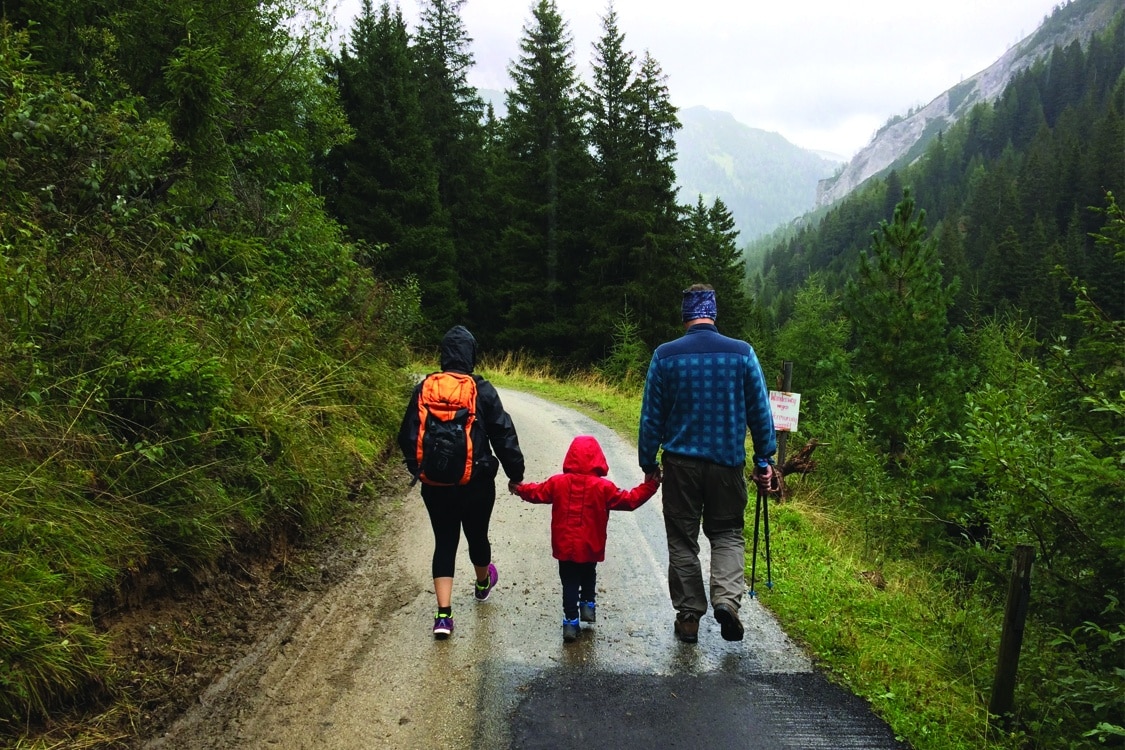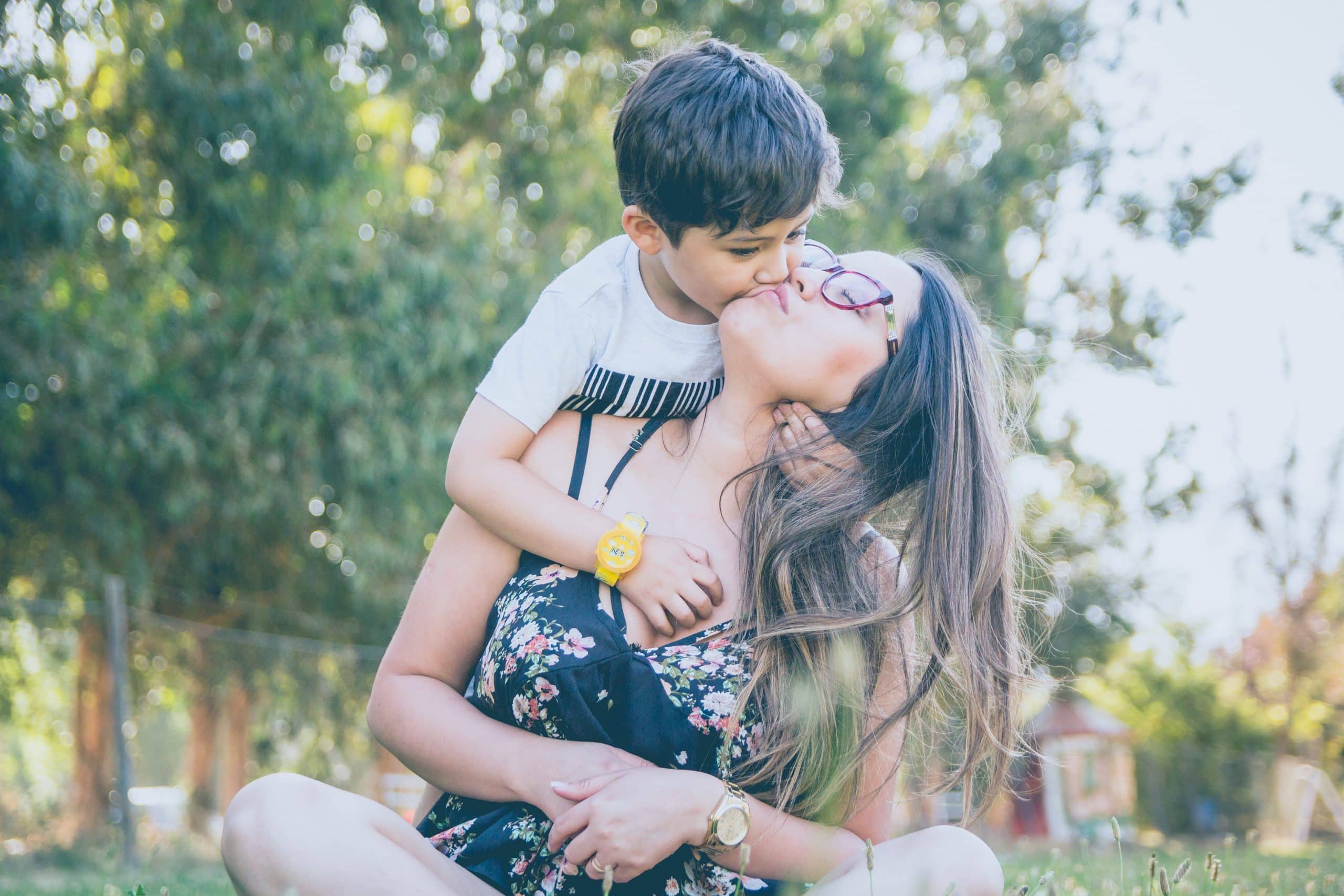
Tag: family

Merry and mindful festive celebrations
The festive season’s here, and we all know it’s a time for celebrating, laughing and creating special moments with loved ones. While many people might picture clinking wine glasses or popping bubbly, there’s no hard-and-fast rule that says good times have to revolve around alcohol. Whether you’re cutting back, going booze-free or just mixing it

The one surprising thing that made it easy to give up alcohol for good
This week’s guest blog is from Vari Longmuir, a Melbourne-based illustrator and life coach. She helps creative women build businesses with more intention, authenticity and clarity. Vari has just celebrated 12 months since she chose to remove alcohol from her life. She shares her journey so far and why traumatic rock bottoms are not necessary in order to

How alcohol influenced my life and my people: Kerry’s story for National Sorry Day
Aboriginal and Torres Strait Islander people should be aware that this article may contain images of people who have passed away. This week we have a guest blog from Kerry. Kerry is a proud Wiradjuri woman from Condobolin, New South Wales. She’s a personal friend of our Health Promotion Manager, Sabrina, who reached out to her

I stopped drinking to love myself all over again
“I have been drinking since time immemorial; so much so, I can’t pinpoint an exacttime in life where I didn’t indulge in alcohol to get through the day. What I did not realise is that I relied on booze to escape my pain, the kind that has no cure. Although I must admit, it got

Mummy needs a break; supporting mums on Mothers Day
Looking at social media and the news in the past few months, you might have noticed more and more people talking about the challenges of motherhood; the physical, emotional and financial toll it can take on a person, and how the end result may be feelings of stress, anxiety and exhaustion. Many mums may end

How your friends help you change
On the road to a better relationship with alcohol, we lean on the people closest to us; our spouses, our friends and our families. When friends help, they get us through the difficult nights, help us move on from our mistakes, and push us not to give up on ourselves. However, if we’re not careful,






